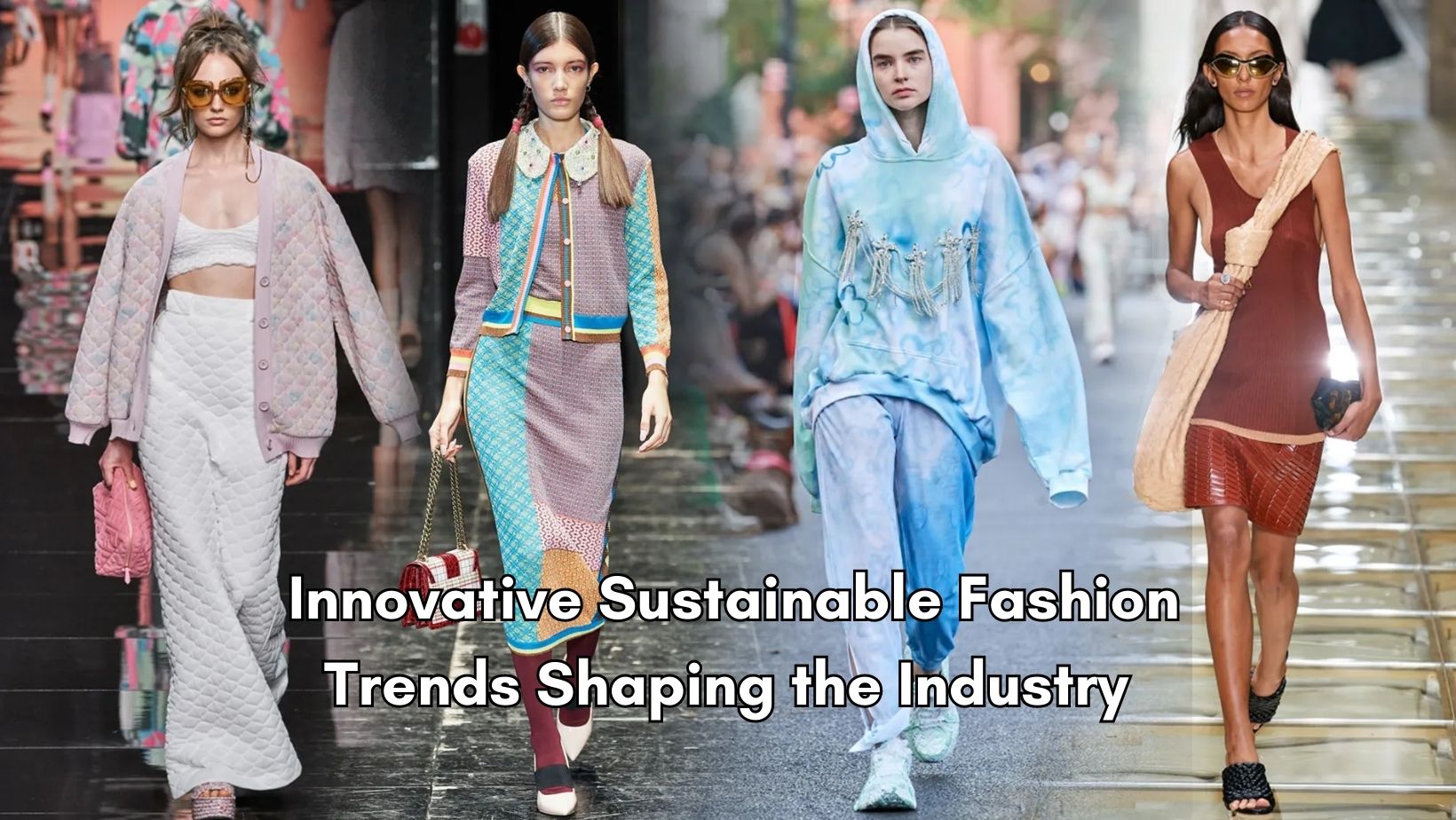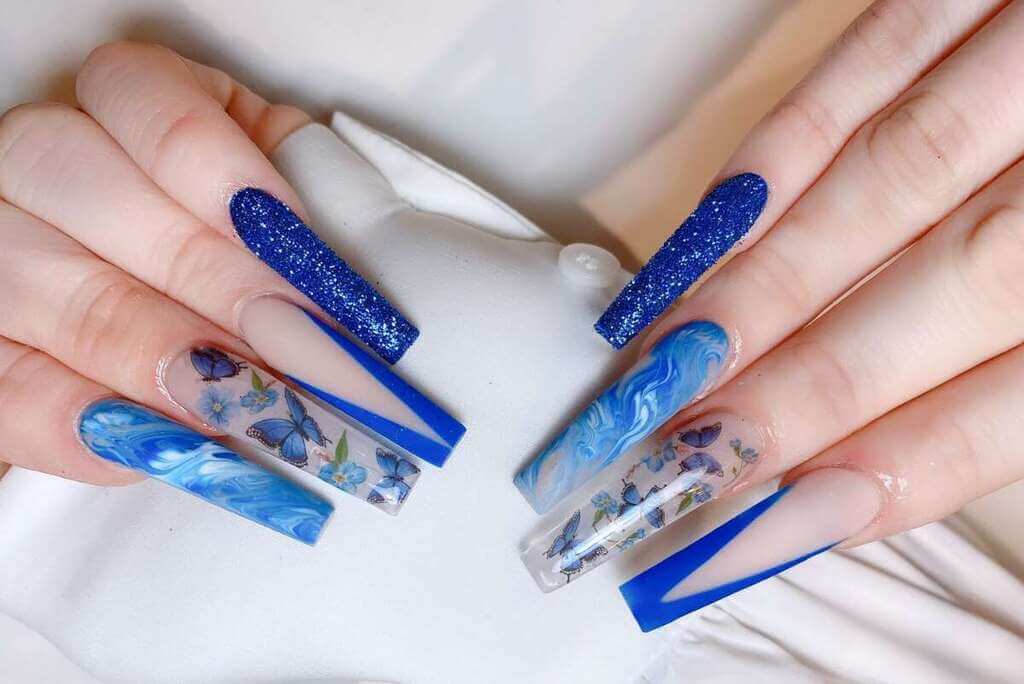The fashion industry has long been associated with rapid changes, trends that come and go, and a sometimes alarming disregard for the environment. However, a transformative shift is underway, with sustainable fashion trends taking center stage. As the world grapples with environmental concerns and consumers become increasingly conscious of their purchasing decisions, the fashion industry is responding with innovative approaches that prioritize both style and sustainability.
- Circular Fashion Economy: Redefining Consumption
The concept of a circular economy is gaining momentum in the fashion industry. Unlike the traditional linear model of “take, make, dispose,” the circular fashion economy focuses on extending the lifecycle of garments. This trend encompasses practices such as clothing rental, swapping, and resale platforms. Brands are now designing products with longevity in mind, using durable materials and construction techniques. By embracing circularity, the industry is reducing waste and promoting a more sustainable consumption pattern.

Read more – Unveiling the Athleisure Wear Evolution: Comfort Meets Couture
- Tech-Driven Sustainability: A Fusion of Innovation and Style
Technology is revolutionizing every aspect of our lives, and fashion is no exception. From innovative fabric production techniques to digital solutions that enhance the shopping experience, technology is deeply embedded in sustainable fashion trends. Fabrics made from materials like mushroom leather, pineapple fibers, and recycled plastics are challenging traditional notions of textiles. Additionally, advancements in 3D printing are allowing designers to create intricate garments with minimal waste.
- Transparency and Ethical Sourcing: A Fashion Revolution
Consumers today are demanding transparency in the fashion supply chain. They want to know where their clothes are made, who made them, and under what conditions. This demand for ethical sourcing is driving brands to adopt sustainable practices and ensure fair wages for workers. Moreover, blockchain technology is being employed to trace the journey of garments from raw materials to finished products, assuring consumers of the authenticity and sustainability of their purchases.

Read more – The Athleisure Wear Evolution: From Gym to Glamour
- Minimalism and Timeless Designs: A Shift from Fast to Lasting Fashion
Fast fashion, characterized by its rapid turnover of trends, has often come at the cost of the environment. However, a growing trend toward minimalism and timeless designs is reshaping the industry. Consumers are embracing the idea of buying fewer, higher-quality pieces that can be worn for years. This shift aligns with sustainability goals by reducing the pressure on resources and minimizing the environmental impact of fashion consumption.
- Localism and Slow Fashion: Reducing the Carbon Footprint
The transportation of goods across the globe contributes significantly to carbon emissions. As a response, sustainable fashion trends are emphasizing localism and the “slow fashion” movement. Brands are opting to produce garments closer to their target markets, thereby reducing the carbon footprint associated with transportation. This trend not only supports local economies but also allows for better quality control and more sustainable production practices.
- Upcycling and Creative Reuse: Transforming Waste into Fashion
The creative potential of upcycling has captured the imagination of designers and consumers alike. Upcycling involves repurposing discarded materials or garments into new, stylish products. This sustainable fashion trend not only reduces waste but also encourages a more innovative and artistic approach to design. From patchwork denim jackets to accessories crafted from reclaimed materials, upcycling showcases the art of transforming waste into wearable fashion.
- Digital Fashion: Redefining Wearable Art
In the era of digital advancement, digital fashion is transcending conventional notions of style. It’s erasing the demarcation between the tangible and virtual realms, granting consumers the freedom to explore their unique fashion inclinations while bypassing the ecological repercussions associated with physical garment manufacturing. Virtual fashion pieces, worn exclusively in the digital realm, are becoming collectible items and a way for individuals to express themselves creatively. This trend challenges traditional notions of fashion ownership and opens up new avenues for sustainable self-expression.

Read more – 5 NATURAL SKIN CARE TIPS YOU CAN TRY AT HOME
Conclusion
Sustainable fashion trends are not only reshaping the industry but also redefining consumer attitudes and behaviors. The convergence of technology, ethics, and innovation is driving a revolution that prioritizes both style and sustainability. As these groundbreaking shifts continue to gain momentum, the fashion realm finds itself at a pivotal juncture, poised to establish a novel benchmark—one resonating with the evolving ethos of our society and the pressing imperative to safeguard the Earth. Via the interplay of circular practices, technological innovation, unwavering transparency, understated minimalism, community-centric localism, imaginative upcycling, and the realm of digital couture, the industry is meticulously crafting a mosaic of transformation, enveloping an era of optimism and a resolutely sustainable trajectory ahead….




